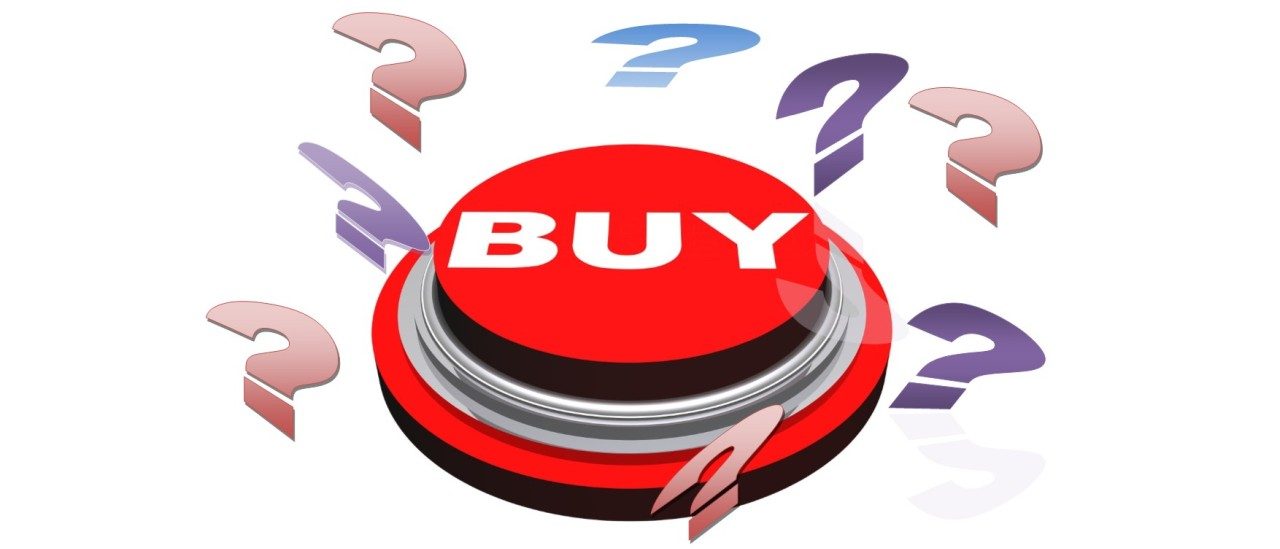Traditionally, the intangible value adding factors to a business, such as ideas, knowledge and innovations, were perceived as something so vague that should only be collectively included in the “good will” of the business.
In the era of modern technology, “Intellectual Property” (IP) has been increasingly recognised as having a separate and discrete value to the business.
These ideas, knowledge and innovations can be recognised as valuable business assets. Given that IP rights can be sold, assigned and licensed, it is understandable that they should be given an ascertainable value and be protected. The value only remains where those “ideas, knowledge and innovations” are properly protected – no one pays for something that everyone can get for free.
IP can be protected in number of different ways.
“Registered IP”, such as trade marks, patents, designs or plant breeder’s rights, require registration at IP Australia. “Unregistered IP”, copyright in Australia, vests automatically in “literary works”. This extends to cover music, novels, artworks and computer programs. For an IP to be registered, the IP must satisfy certain criteria under legislation. This gives it certainty. Copyright subsists automatically in every literary work at the time of its creation. While it is not required or has little legal effect, it is common that an author to mark his/her original work with the words such as “copyright 2012-All rights reserved”.
There are traps for the unwary. Copyright only protects the expression in the document. It does not protect the ideas behind the original work. If the ideas, process or concept behind the product are more valuable, then they must be protected separately by a patent.
In some cases, your ‘IP’ is better protected by other forms of legal protection. For example by a confidential agreement. This is particularly relevant in the context of employment. Your ‘trade secrets’ can be protected by a properly drafted employment contract and/or a confidentiality agreement at the beginning of a certain project.
You may want protection for the name of your business, a product name or a brand name. Consider a trade mark registration. However, again, in order to register a trade mark. Trade marks are names, words, logos or a combination of these that may be more unusual such as colours, smells or shapes. Trade marks are to distinguish products or services of one business from another. Not everything can be registered as a trade mark and there are rules to be complied with.
To protect your business name, there are several forms of protection available. The simplest ones are company name and business name registrations. If you are intending to protect the “name” itself rather than a logo or images, then it may be more suitable to have it registered in this way.
While many forms of IP protection are available, choosing a right mode of protection for your “IP asset” is somewhat tricky. In order to protect your IP asset, it is crucial that you consult with your lawyer before marketing your new product.
Further reading

elringtons lawyers regularly provide legal advice in relation to a range of commercial matters. Please contact our Business & Commercial Team for more information or to make an appointment call (02) 6206 1300













